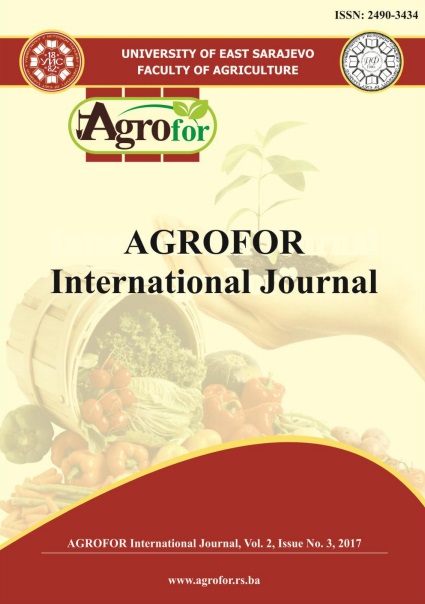MOUNTAIN FARMING IN AUSTRIA
DOI:
https://doi.org/10.7251/AGRENG1703005QAbstract
For decades, the mountain regions in Austria have been of regional, social,
environmental and economic relevance. The European Union has ranked them
among the most disadvantaged areas for agriculture. Nevertheless, in mountainous
regions, ‘disadvantaged’ is not synonymous with marginal. On the contrary,
agriculture is central to mountainous regions. In Austria the mountain area makes
up 70% of national territory and 50% of the utilised agricultural area. Mountain
agriculture is largely family farming. It is as diverse as the myriad mountain
landscapes available, but at the same time, there are also commonalities to farming
in lowland regions. With this in mind the research questions are: (i) what are the
characteristics of family farming in mountain regions and (ii) how do they differ
from agriculture in lowland regions? Following some definitive remarks on family
farming and the classification of mountain regions, this paper outlines the situation
in Austria using select key indicators from the agri-structural data of the Integrated
Administration and Control System and income data, 2014. Next, certain
characteristics are highlighted using select data from the survey ‘Life and working
conditions of female farmers in Austria’ conducted in the year 2016. When
analysing the agriculture in mountain and lowland regions we employed
descriptive statistics. Based on the findings, we try to give some suggestions on the
need for further research and on future perspectives for both mountain and lowland
agriculture.

